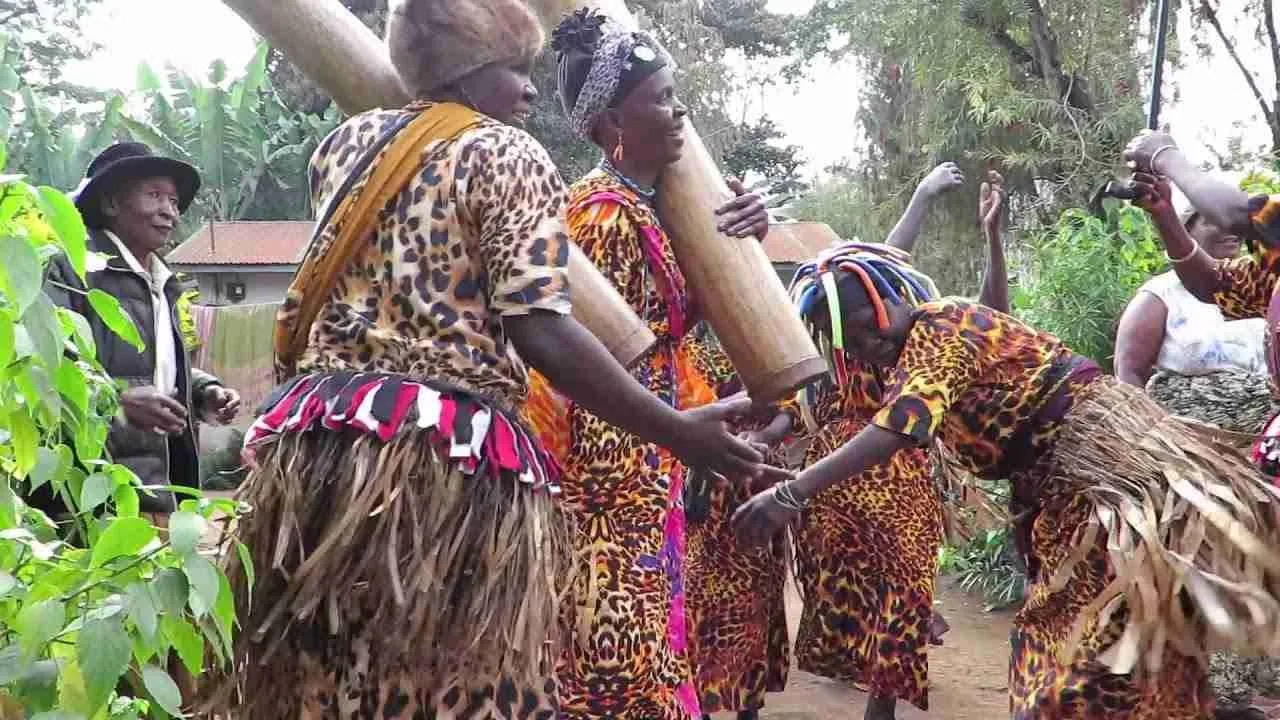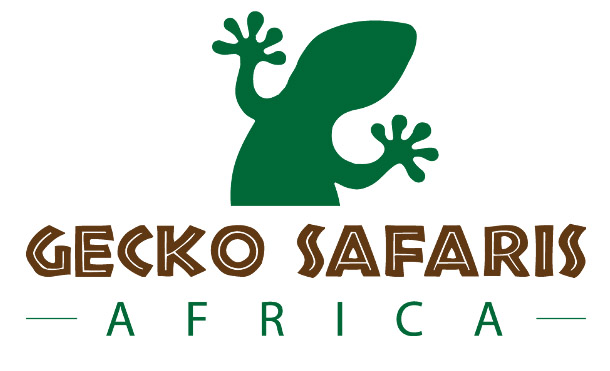Chagga People: Culture, Traditions, and Life on Kilimanjaro’s Slopes
The Chagga people live on the southern and eastern slopes of Mount Kilimanjaro in northern Tanzania. They are one of the largest ethnic groups in the country and have a long, rich history deeply rooted in the mountain’s fertile highlands.

Origins and Homeland of Chagga people Tanzania
The Chagga trace their roots back centuries. They settled in the lush Kilimanjaro region, drawn by its volcanic soil and steady streams. Their homeland stretches across the districts of Moshi, Hai, Rombo, and Mwanga. This area offers cool weather, flowing rivers, and dense banana farms—a landscape that defines their way of life.
Language and Communication
The Chagga speak several closely related dialects known collectively as Kichagga, though most also speak Swahili and English. Their language reflects a strong oral tradition of storytelling, proverbs, and songs passed down through generations.
Farming and Livelihood
Agriculture forms the backbone of Chagga life. They are skilled farmers known for their terraced farming techniques, which reduce soil erosion on the slopes of Kilimanjaro. Bananas, coffee, maize, and beans are key crops. Coffee, in particular, has played a big role in their economy and connection with global trade.
Family and Social Structure
Chagga society values strong family ties and community support. Traditionally, families lived in extended households under the leadership of elders. They practiced patrilineal inheritance, where property passed down through the male line. Respect for age and ancestry remains central in their social setup.
Religion and Beliefs
Before the arrival of missionaries, the Chagga believed in a supreme creator called Ruwa and honored ancestral spirits. Sacred groves and rituals were common. Today, many Chagga identify as Christians or Muslims, but some still blend traditional beliefs with modern faiths.
Traditional Housing and Dress
Historically, Chagga homes were round, thatched huts built from wooden poles and banana fibers. Inside, families kept animals and stored food. Modern homes are now more rectangular and built from brick. Traditional attire has largely been replaced by modern clothing, but cultural ceremonies still feature colorful wraps, beads, and decorated walking sticks.
Cultural Practices and Celebrations
The Chagga celebrate milestones like births, marriages, and harvests with music and dance. Ngoma drums, flutes, and rhythmic chants fill the air during these joyful gatherings. In some areas, male circumcision ceremonies still mark the transition from boyhood to adulthood.
Role in Tanzanian History
The Chagga played a strong role in Tanzania’s push for independence and economic development. Many became educators, entrepreneurs, and politicians. Their emphasis on education and hard work continues to inspire their younger generations.
Visiting Chagga Communities
Tourists climbing Mount Kilimanjaro often pass through Chagga villages. Visitors can explore Chagga caves, once used to hide from Maasai warriors, and learn about traditional brewing and banana farming. These cultural tours provide insight into a people whose identity remains tied to the mountain.
Plan Your Cultural Tour With Us to the Chagga people Tanzania
Get closer to Tanzania’s heart by spending time with the Chagga. Our guided cultural tours take you into real villages, introduce you to local families, and let you experience Chagga heritage firsthand. Discover the soul of Kilimanjaro through the people who call it home.

